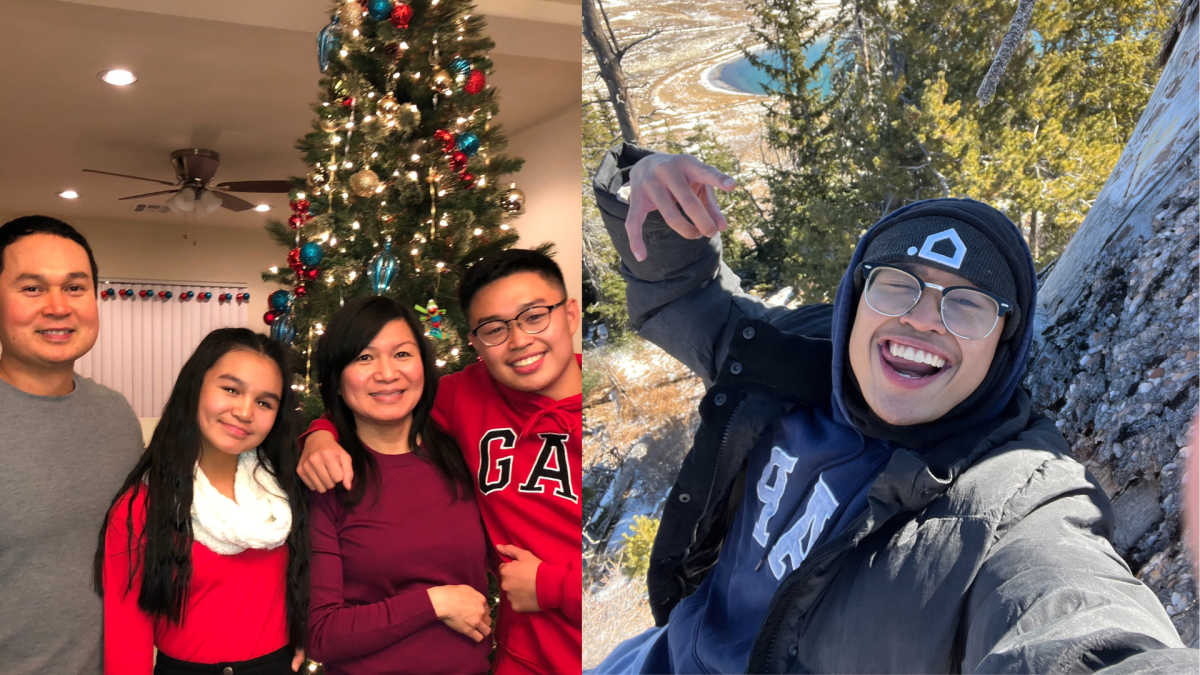New Changes for Academic Probation Process Hope to Result in Positive Change
Administration focusing on attendance, academic, and behavioral issues
After new changes were made to the academic probation policy, counselors will now be meeting with students and parents every quarter. These meetings allow for counselors to help students who are struggling with academic, behavior, or attendance issues. “We [counselors] are here to help [students],” counselor Elizabeth Hare said. “This intervention is an official meeting where the students sign the forms and the parents sign the forms, so we can see what we’ve done.”
October 11, 2022
To streamline the academic probation process, the curriculum office is introducing three different processes to provide assistance to help students succeed. These processes are specifically for behavior, academic, and attendance issues.
“The goal is to alert parents and students that there is a problem, and then we all work together to improve,” Principal Donna Levy said. “It is not to get rid of students. That is not our goal. Our goal is to make everyone successful here.”
After the COVID-19 pandemic, issues affecting student education increased in schools across the district the following year, prompting a logical response from officials.
“The reason we, for the first time last year, had to enforce it is for those students who were struggling. They were students who had behavior records or had no attendance whatsoever after all the interventions in the world,” Levy said.
Starting this week, students will meet with their counselors once every quarter. Counselors will offer help to students who are struggling by providing a variety of resources they can choose from and offering advice.
“I talk about always communicating with the teacher and getting help with them first,” counselor Elizabeth Hare said. “There’s so many different things but it depends on the student. Hopefully those kids take advantage of those [resources] sooner.”
Parents will now be required to attend an in-person meeting or video call with their child’s counselor at the start of the probationary period.
“In the past it was student contact, and then parent contact. Now we’re just making parent contact to then set a meeting with parent and kid at the same time,” Hare said. “This way, parent and student hear the same message at the same time. And then it opens the lines of communication.”
Administration hopes that these opportunities will provide all students the opportunity to correct any problems and retain their seat.
“We’ve already had some [students] in there that have, for the most part, corrected the issue, and so far we’ve seen positive results,” assistant principal Donna Besser said. “We want kids to be successful and continue here and do well in this environment and make it an environment that’s healthy for everybody.”

![After new changes were made to the academic probation policy, counselors will now be meeting with students and parents every quarter. These meetings allow for counselors to help students who are struggling with academic, behavior, or attendance issues. “We [counselors] are here to help [students],” counselor Elizabeth Hare said. “This intervention is an official meeting where the students sign the forms and the parents sign the forms, so we can see what we’ve done.”](https://southwestshadow.com/wp-content/uploads/2022/09/IMG_3858-900x675.jpg)







